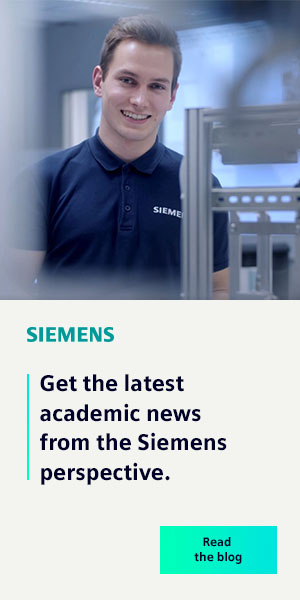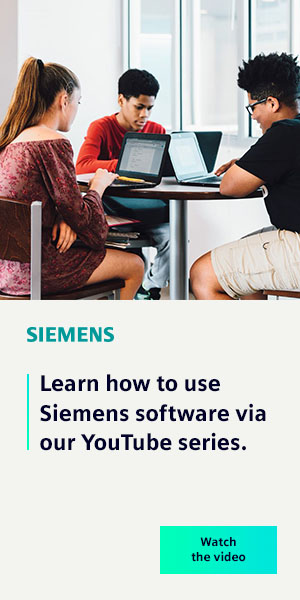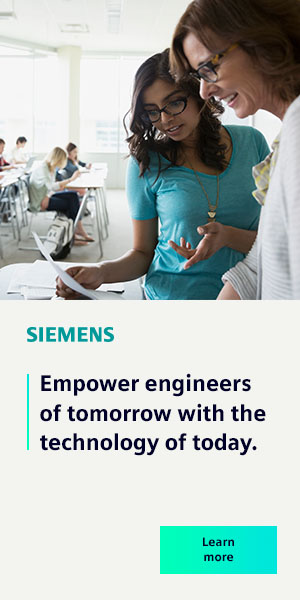By working alongside universities, the Siemens Academic Programme is just one example of how digitalisation is helping to provide industries with a strong pipeline of talent
Digitalisation has had a profound impact on all manner of industries. The education sector is certainly no exception and even prior to the Covid-19 pandemic, universities and students were embracing digital transformation to deliver hybrid teaching and e-learning modules.
During a discussion at Times Higher Education’s Europe Universities Summit, Claudio Santarelli, academic business developer at Siemens, spoke about the company’s academic programme and how it supports educational institutions on their digitalisation journey.
“The ethos underpinning the Siemens Academic Programme is that digital transformation needs education,” Dr Sanatarelli said. “Many of our partners wonder who will be in charge of this digitalisation process but for us, the answer is clear: educational institutions and students should drive the digital transformation agenda.”
Although Dr Santarelli freely admitted that Siemens is a revenue-driven company and that selling licences for its software is important, he also wanted to create an empowering exchange between industries and universities, promoting networking as much as possible.
“One of the most important aspects of the Siemens Academic Programme is how we help educators to adapt their curricula to meet new challenges,” Dr Santarelli explained. “Everybody can download our curricula for free, they are tailored for several different disciplines and can be easily customised.”
Siemens also provides support for teams entering competitions that connect students with industries such as aerospace, transport, robotics and others involving cutting-edge technologies. The company believes it can serve as a “digital adviser” that increases awareness of its software solutions while fostering the creation of new talent.
“In the German market, we have developed a model that we call Win³ or Win-Win-Win,” Dr Santarelli added. “We've already employed this model at the University of Applied Science in Darmstadt, where they have created a smart learning factory -– a real factory with a fully-fledged digital twin so students can learn how digitalisation works by simulating events in real time. It’s the perfect combination of practical and digital skills and something that benefits students, industry and Siemens. That’s why we call it the Win³ model.”
As Siemens looks to expand its Academic Programme beyond engineering and STEM subjects to deliver a truly interdisciplinary curriculum that leverages the best that digital solutions can offer, the aim is to support academic institutions in building the student skill sets required for all industries to have access to the talent they need. That truly would be a win-win-win.
Watch the session on demand above or on the THE Connect YouTube channel.
Find out more about the Siemens Academic Programme.



